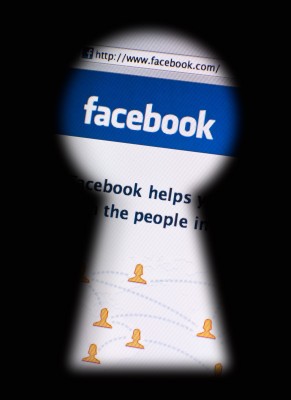Psychological Impact of Facebook – Harmful or Beneficial?
 Dr. Sheri Jacobson
March 4, 2023
Dr. Sheri Jacobson
March 4, 2023

(for our more recent piece about social media see the negative effects of Facebook).
The Concept of Facebook
Created in 2004, Facebook is a popular free social networking website where members can add “friends”, upload photos, leave comments on friend’s “walls”, send private emails, talk live on “chat” and subscribe to pages of interest. What is the psychological impact of this method of interaction? Is Facebook psychologically harmful or beneficial on the whole?
Disadvantages of Facebook
Facebook has some commonly discussed disadvantages.
- Evidence has been found of a significant relationship between Facebook addiction, low-self esteem, depression and lack of social skills. Some people have replaced human interaction with cyber interaction, which often fails to satisfy the need to belong.
- There are reported cases of Facebook being used as a method for cyber bullying, which is generally targeted at young adolescents. This often leads to depression and in extreme circumstances, cases of suicide. Although a very serious issue, theses incidences are fairly uncommon and do not pose as a major threat to the majority of Facebook users.
Advantages of Facebook
Facebook, along with other social networking platforms, has several benefits to mental health and wellbeing:
- Use of Facebook can help maintain contact with family and friends who might live far way. This allows people to receive emotional support in times of hardship, through a quick and effective technology. It can reduce feelings of isolation and being ‘cut off from the world’, which is beneficial to fragile to mental health. It has been found in a recent study that such sites as Facebook help the troubles of ‘homesickness’ during a transition of moving away from a community of close friends and family. This is especially the case for university students who are moving away from home for the first time.
- Critics of social networking have reported the loss of human interaction and its replacement with online interaction; which they argue is a possible trigger for depression. Despite this recent research shows that heavy internet users are not using social networking website and emails as a substitute for human interaction, but instead they are using it as a method to keep bonds with long-distance friends and relations.
- There has also been found to be a correlation between Facebook usage and psychological well-being for people with low self-esteem and low life satisfaction.
- Social networking can help some introverts in communicating with others since it provides a context in which they are more comfortable to talk in; it can allow them to convey their feelings without as much pressure as face-to-face contact.
Facebook as a method for identifying depression
- Facebook allows individuals to post “status updates” on their “wall” in order to inform Facebook friends about their daily thoughts, actions and feelings. It has been found that university students commonly express symptoms correlated with depression, through Facebook statuses. This means that Facebook could be a good resource for identifying people who may be depressed.
Despite the extreme cases where social networking can lead to depression or internet addiction, on the whole Facebook seems to be a beneficial forum for maintaining family and friendship bonds; and discussing problems that may arise that are difficult to discuss in person.




What has your experience been like on Facebook? Please share if you feel comfortable to do so…